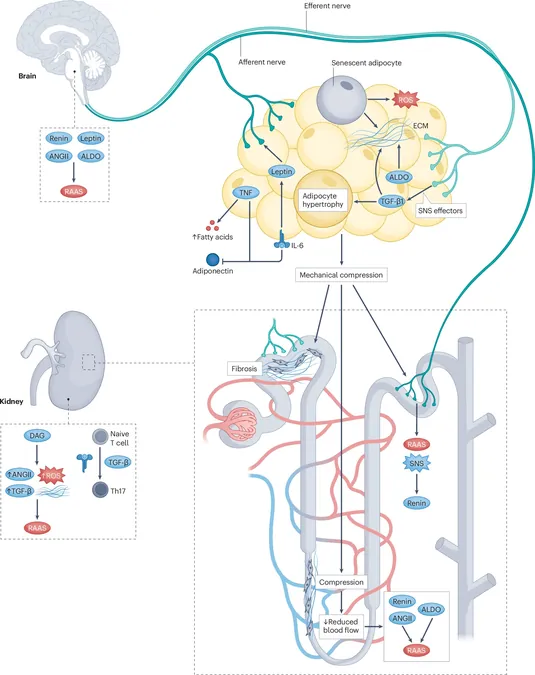
Shocking Insights: How COVID-19 Disrupted Children's Heart Surgeries and What It Means for the Future
2025-04-14
Author: Wei Ling
The Unseen Impact of COVID-19 on Children's Heart Health
The COVID-19 pandemic didn't just affect our daily lives; it wreaked havoc on healthcare systems, forcing a drastic reallocation of resources that left many children with congenital heart disease (CHD) in a precarious position. A groundbreaking study from the University of Bristol reveals that while elective surgeries for these children plummeted, critical life-saving procedures remained stable—without a spike in complications or fatalities.
Surgical Prioritization: A Double-Edged Sword?
Published in the journal Open Heart, this research suggests that prioritizing urgent surgeries for younger and more critically ill children might be a viable model for navigating future healthcare crises. During the early days of the pandemic, hospitals shifted focus to treat COVID-19 patients, pushing elective procedures for CHD to the backburner.
Analyzing the Data: What Was Revealed?
The researchers examined 26,270 procedures involving 17,860 children under 16, spanning from January 2018 to March 2022. The findings indicate a significant drop in CHD procedures during various pandemic phases compared to the pre-pandemic era. The most severe restrictions saw the largest decreases, but urgent surgeries—including critical interventions—remained unaffected.
Reassurance Amidst the Chaos
A reassuring aspect of the study was that these changes did not correspond to increased post-operative complications or mortality rates. Dr. Arun Karthikeyan Suseeladevi, the lead researcher, emphasized that despite the challenges posed by the pandemic, prioritizing urgent and emergency procedures proved successful in safeguarding the health of these vulnerable patients.
A Call for Future Preparedness
The study holds vital implications for future healthcare responses—especially in situations of extreme stress caused by infectious disease outbreaks or natural disasters. Dr. Suseeladevi noted that as climate change intensifies the frequency of extreme weather events, the pressures on health services are bound to increase. Thus, the need for effective strategies to manage these disruptions cannot be overstated.
The Bigger Picture: Mental Health Concerns?
While the findings are undoubtedly encouraging, they do not provide a complete picture. Prof. Deborah Lawlor, who co-authored the study, cautioned against complacency, urging further exploration into the long-term effects on children whose surgeries were delayed. Concerns about potential adverse impacts on heart health and mental wellness remain.
COVID-19 and Congenital Heart Disease: Awaiting Further Insights
As researchers continue to investigate, there are questions about the effects of COVID-19 itself on children with CHD, particularly those who underwent surgery and may have been exposed in hospital settings. Prof. Massimo Caputo urges a deeper understanding of this intersection, recognizing that much work remains.
Conclusion: Navigating Future Healthcare Challenges
This pivotal study, backed by the British Heart Foundation and other institutions, underscores the complexities of managing healthcare during crises. As we move forward, it is essential to implement robust strategies and remain vigilant about the long-term well-being of our youngest patients.





 Brasil (PT)
Brasil (PT)
 Canada (EN)
Canada (EN)
 Chile (ES)
Chile (ES)
 Česko (CS)
Česko (CS)
 대한민국 (KO)
대한민국 (KO)
 España (ES)
España (ES)
 France (FR)
France (FR)
 Hong Kong (EN)
Hong Kong (EN)
 Italia (IT)
Italia (IT)
 日本 (JA)
日本 (JA)
 Magyarország (HU)
Magyarország (HU)
 Norge (NO)
Norge (NO)
 Polska (PL)
Polska (PL)
 Schweiz (DE)
Schweiz (DE)
 Singapore (EN)
Singapore (EN)
 Sverige (SV)
Sverige (SV)
 Suomi (FI)
Suomi (FI)
 Türkiye (TR)
Türkiye (TR)
 الإمارات العربية المتحدة (AR)
الإمارات العربية المتحدة (AR)